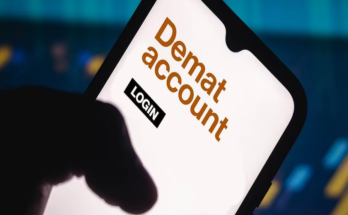The Ultra-rich don’t pay their fair share of levies, according to recent IRS data — in fact, the middle and upper classes shoulder the utmost of the duty burden. A ménage earning about$,000 a time will pay around 14 in civil levies, and if you’re in this order, you may have entered a large duty bill that you can’t pay off right down.
The good news is that there are legal ways for you to manage that duty bill without getting into trouble. One way is through the Fresh Start action, a duty relief program. Learn everything you need to know about it below.
What Is the IRS Fresh Start Program?
entering a duty bill that you can’t pay off in one lump sum is one of the most common duty problems in the country. That’s why the IRS offers duty relief help through the IRS Fresh Start action.
Let’s be clear, the IRS fresh start program is not a singular result. It’s a number of IRS relief programs offered by the agency.
Some of the most common relief options available to taxpayers under the Fresh Start duty program include
Offer in concession (OIC) investiture Agreements (IA) presently Non-Collectible Penalty Abatement Innocent partner Relief
While not everyone will qualify for these options, the IRS will work with you on an individual base to determine what relief option stylish fits your situation. Both the IRS and taxpayers profit from the Fresh Start program.
Do I Qualify for the IRS Fresh Start Program?
You might suppose the IRS Fresh Start action sounds like a great idea, but you also might not be sure if you qualify for any type of duty relief.
But the IRS offers duty relief results for taxpayers at every position of the fiscal year. That means you probably qualify for some type of relief, depending on your specific fiscal situation. To learn further about which duty relief programs you qualify for, consider reaching out to a duty professional for further help.
IRS Fresh Start Program Qualifications
“ Fresh launch action 2020 ” was a trending hunt term many times ago, but the current profitable situation suggests interest in duty relief help hasn’t waned. Then are many of the qualifications necessary to qualify for duty debt relief
You’re tone- employed and had a drop in income of at least 25 You’re single and have an income of lower than$,000 You’re wedded and have an income of lower than$,000 Your duty debt balance is lower than$,000. The most important demand is owing a debt to the IRS that you cannot nicely pay off right down.




